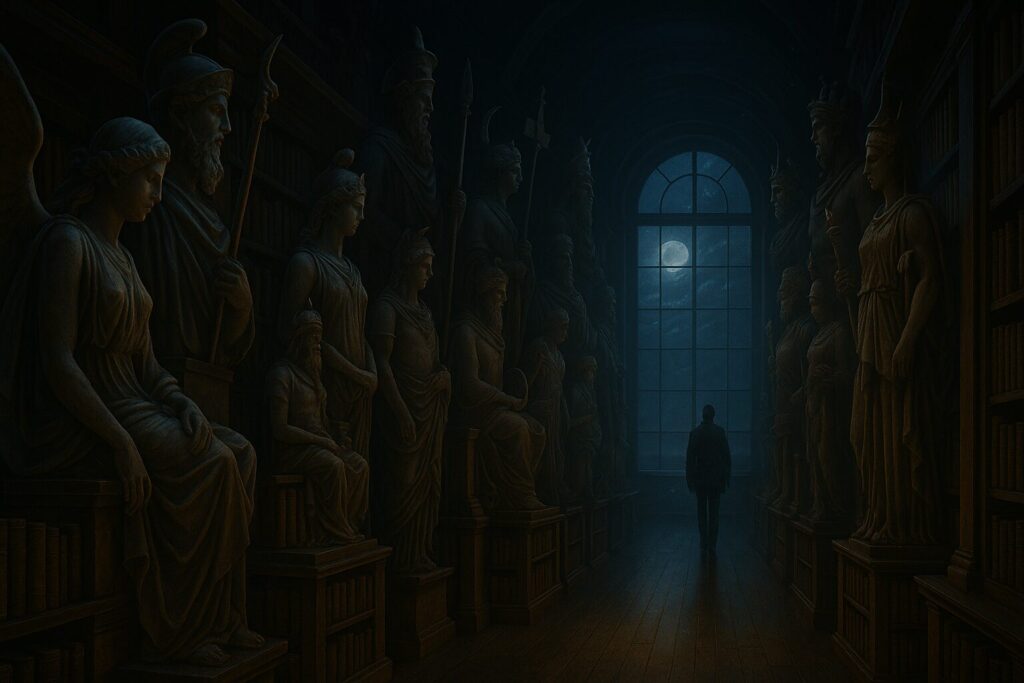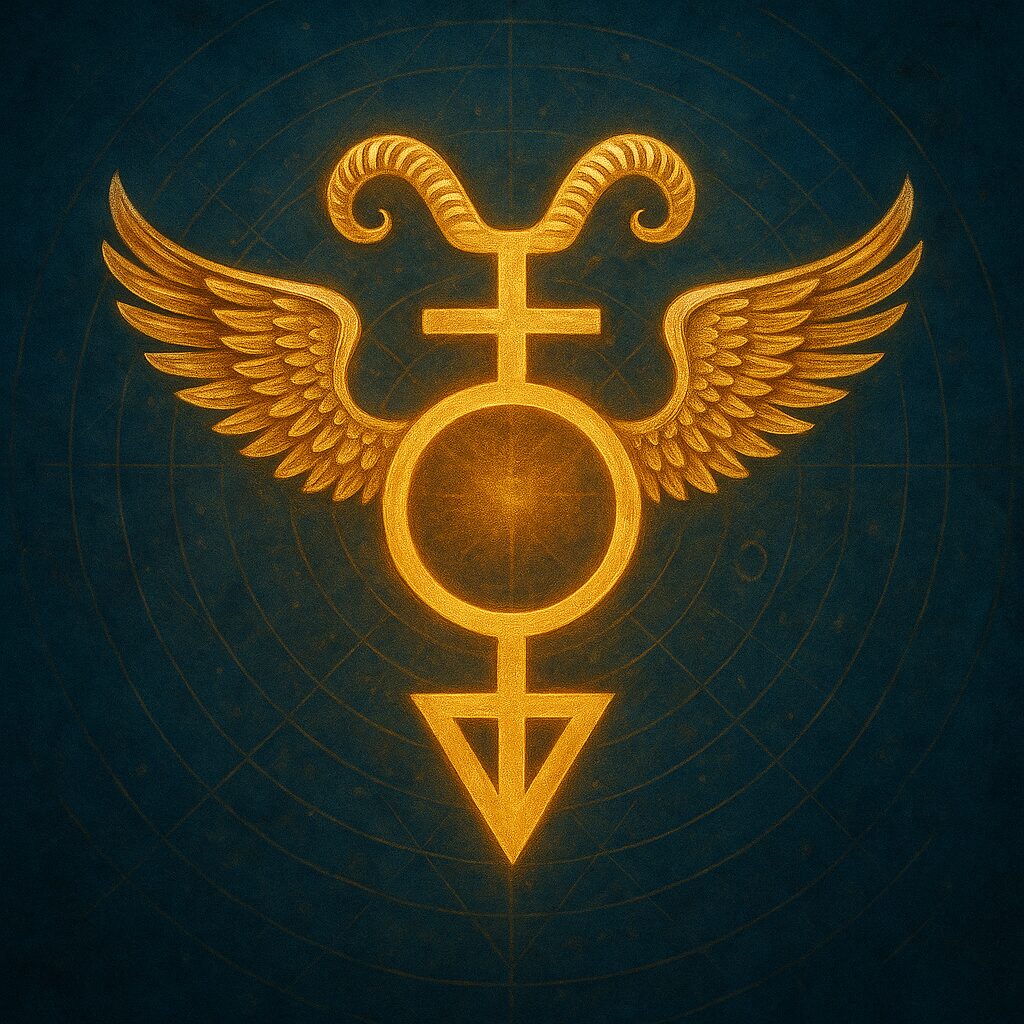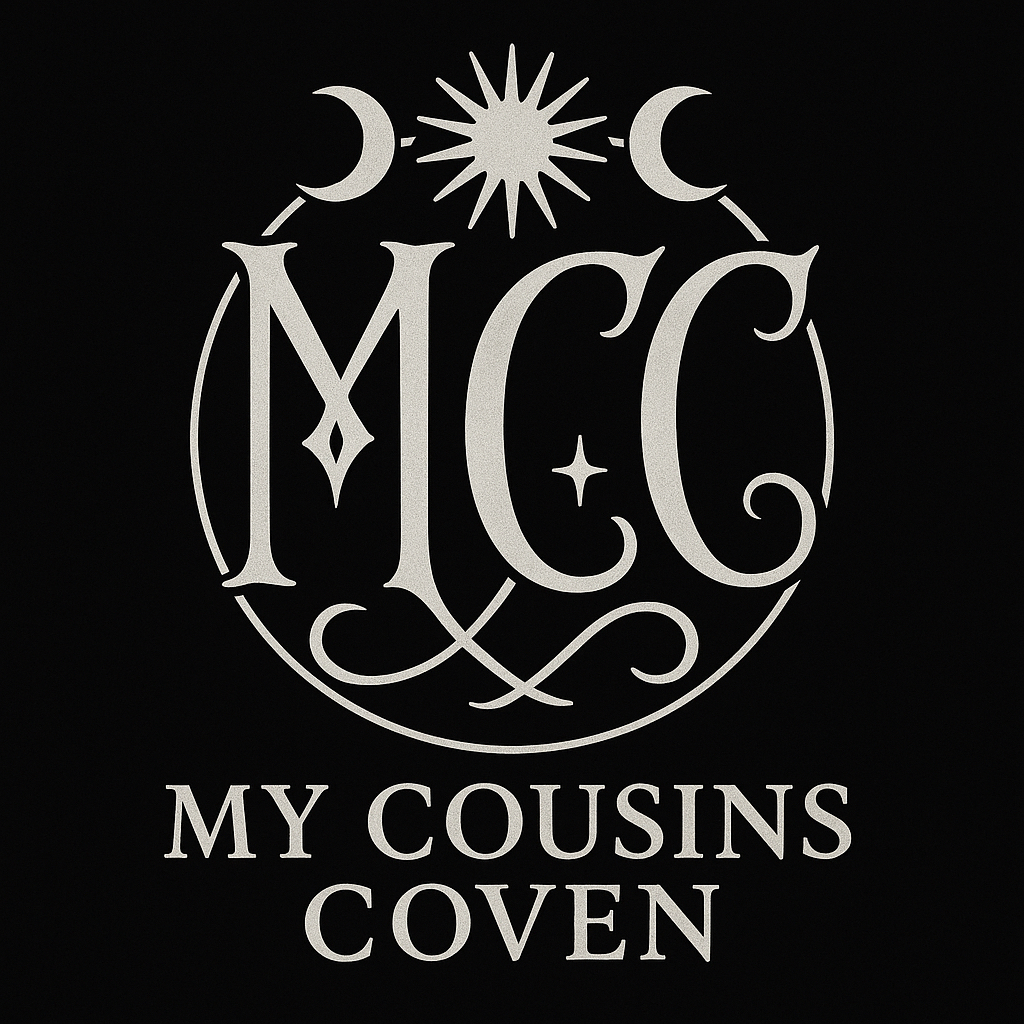Syncretic Pagan Humanism

To be Pagan in the modern world is to live between myth and meaning—to hold reverence for the gods while recognizing the sacred spark within the human spirit. Syncretic Pagan Humanism arises from this meeting place: a philosophy that honors the divine not only as power beyond us, but as wisdom through us.
At its heart, Pagan Humanism is not a rejection of deity but a recognition that divinity and humanity are entwined. The gods are both real and reflective—beings that live in their own right, yet mirrored in the architecture of our minds and the poetry of our ethics. To revere them is to revere the capacities they awaken within us: courage, creativity, empathy, wonder. “The gods speak through what we become,” Kael once wrote, “and through what we choose to remember.”
This perspective does not diminish the sacred; it deepens it. The ancient myths were never static dogma—they were living metaphors, vessels for truth shaped by each generation’s understanding. To approach them humanistically is not to strip them of power, but to rediscover their pulse within the moral imagination. When Prometheus steals fire, when Brigid tends the forge, when Athena speaks wisdom into strife—these are not distant fables, but reminders of divine potential unfolding through human hands.
Writers such as John Halstead, Brendan Myers, and John Michael Greer have explored this path as a sacred philosophy for our time: one in which reverence meets reason, and spiritual practice becomes an art of ethical living. It is a worldview that celebrates meaning-making as a holy act. The altar and the classroom, the ritual and the conversation, all become places where we engage the divine dialogue—seeking wisdom not in obedience, but in participation.
For the modern Pagan, this synthesis allows belief to breathe. It bridges the mystical and the rational without demanding the surrender of either. The world is not an illusion, nor is it mere mechanism; it is a mystery we are privileged to contemplate. The human mind becomes a sacred instrument of perception, capable of both wonder and discernment. In this light, reason is not opposed to faith—it is its continuation by other means.
Syncretic Pagan Humanism affirms that to be spiritual is also to be responsible—to think, to feel, to act with awareness. The divine, the mythic, and the moral converge in this understanding: that consciousness itself is a temple, and our actions are offerings upon its altar.
It is here that MCC’s philosophy finds its bridge between the mystical and the intellectual. The gods dwell in the world, yes—but they also dwell in the striving heart that seeks to understand them. To honor them is to cultivate the virtues they embody, to become the living conduit through which their stories continue.
Pagan Humanism, then, is not belief reduced—it is belief realized. It is the recognition that spirit learns through form, that meaning is sacred, and that reverence for life and reason are not opposites, but reflections of one enduring truth: that consciousness, divine and human alike, is ever unfolding toward awareness.

The gods do not demand faith without thought, nor thought without wonder. They dwell in the meeting of the two—in the quiet brilliance of a mind that knows devotion is also understanding.
